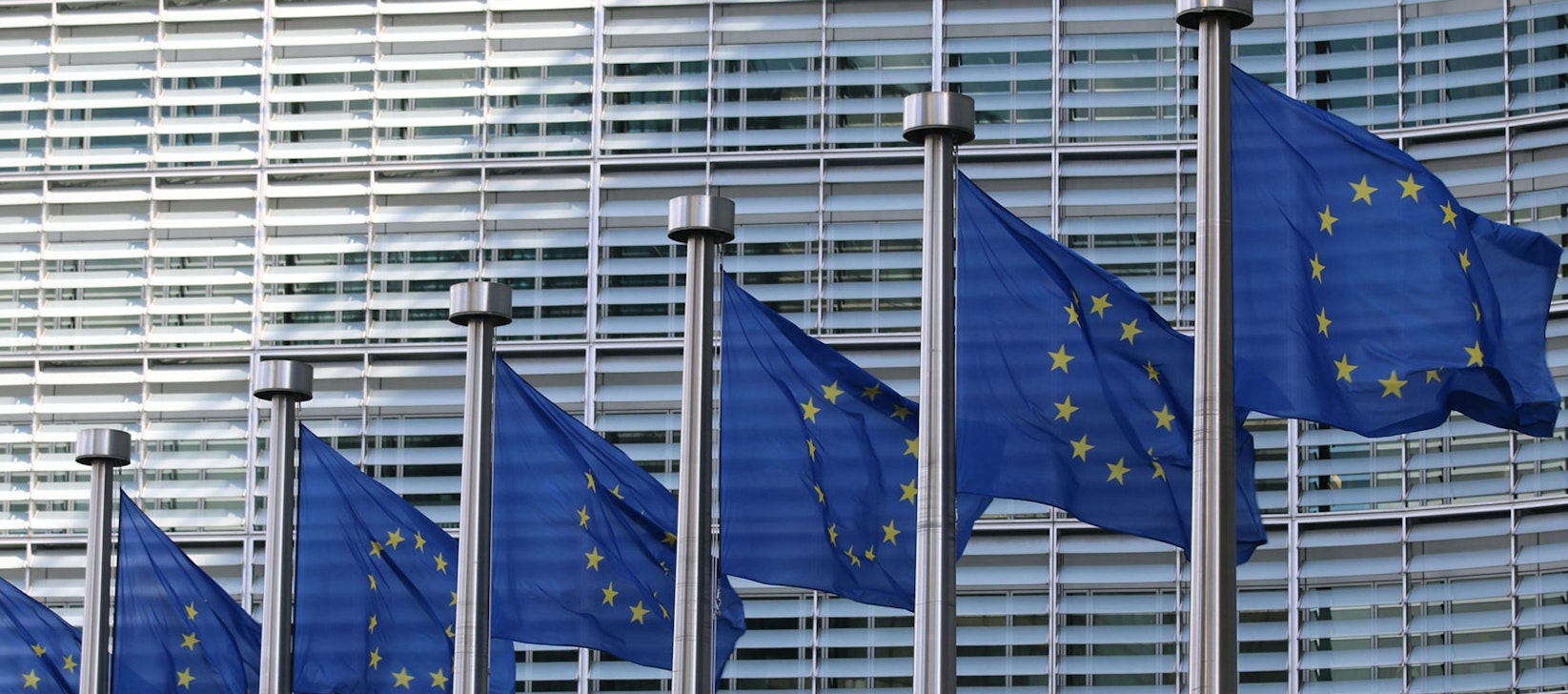The Transatlantic economy stretches from Silicon Valley on America’s Pacific coast to the manufacturing belt of Germany and the EU countries bordering Russia.
Its two-continent components – Europe and the US – are more economically integrated than any other regions of the planet, as measured by flows of goods, services, capital, people and data in both directions across the Atlantic. There are few countries in the rest of the world that do as much cross-border business with even their immediate geographic neighbours as Europe and the US do together.
A Location of Choice for Businesses
Dublin has long been one of the most important hubs in this giant Transatlantic economy. Relative to its size, it is arguably the most important single hub.
Despite tectonic shifts in world affairs in recent years, Ireland and its capital should be well placed to remain a location of choice for businesses selling goods and services into the Transatlantic economy and beyond. Indeed, fracturing relationships and geopolitical tensions stand to make Ireland relatively more attractive as a business location – Jason Furman, chief economic advisor to President Obama, noted recently at the Institute of International and European Affairs that western companies seeking to reduce supply chain risks, in Asia in particular, could view Ireland as an increasingly secure location in which to do business.
Relative and Absolute Security
It is, however, important to distinguish between relative and absolute security. While Ireland has become relatively more secure (thanks largely to its geography), a worsening security environment in Europe and globally has made most countries less secure in absolute terms. Cyberattacks on industries of global importance clustered in Ireland and threats to vital undersea cables and pipelines are now just two non-negligible risk
factors.
If a single high-profile global company operating in Ireland were to suffer extended disruption to its business operations owing even to the perception that security threats had not been mitigated by the State, the reputation of Dublin and Ireland as a place to do business could suffer quickly and catastrophically. In the highly competitive world of luring foreign direct investment, competitor countries would be quick to play up any security failings, real or perceived.
Energy security and cybersecurity, along with more traditional forms of military security, have long been given a lower priority by successive Irish governments than in our other north Atlantic neighbours, every single one of which is a member of Nato.
Becoming an international business hub has made Dublin prosperous. It has also made the capital a target. In a world that could well fragment into regional blocs in the years and decades ahead, a greater focus on minimising security threats must now become a national imperative.
Despite tectonic shifts in world affairs in recent years, Ireland and its capital should be well placed to remain a location of choice for businesses selling goods and services into the Transatlantic economy and beyond.
Dan O’Brien
Chief Economist,
Institute of International and
European Affairs





